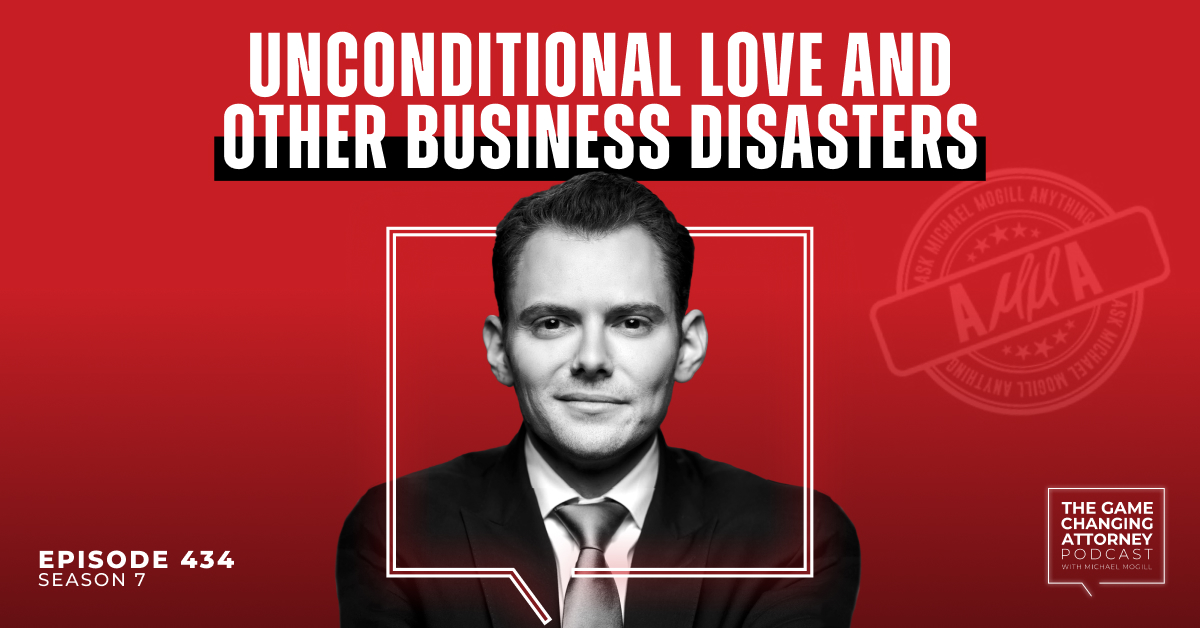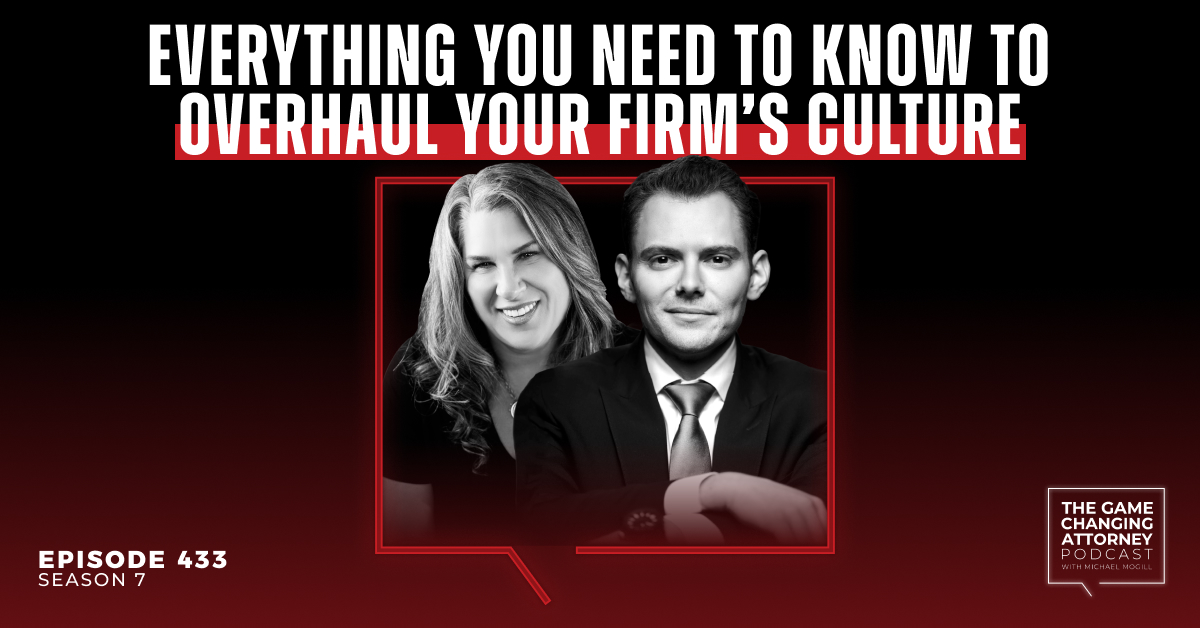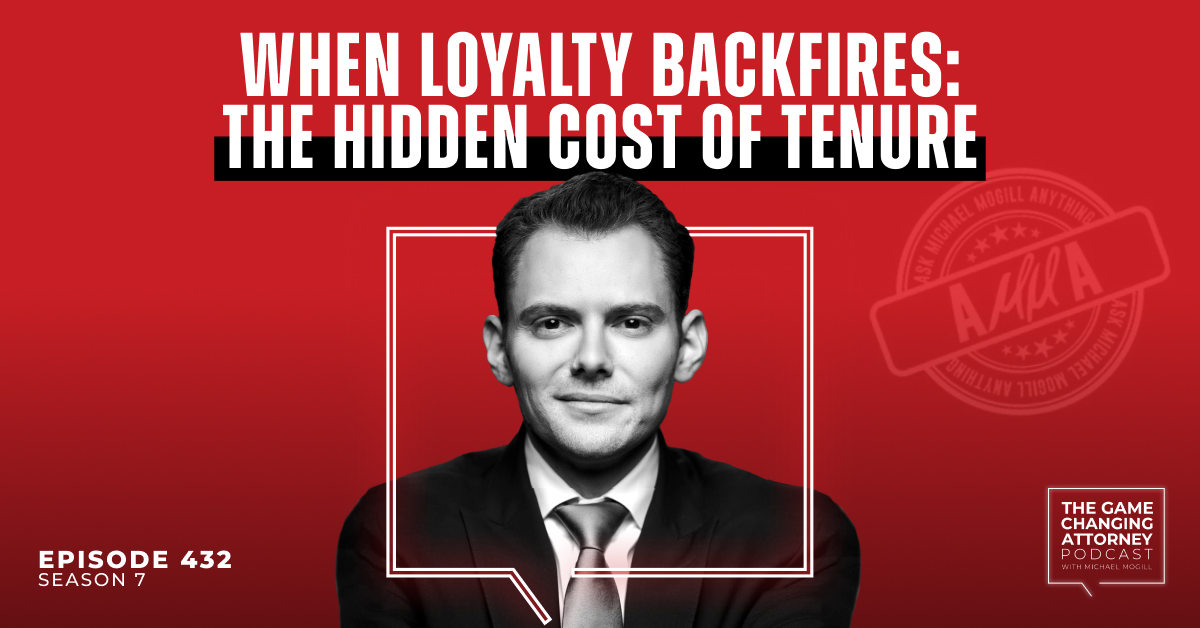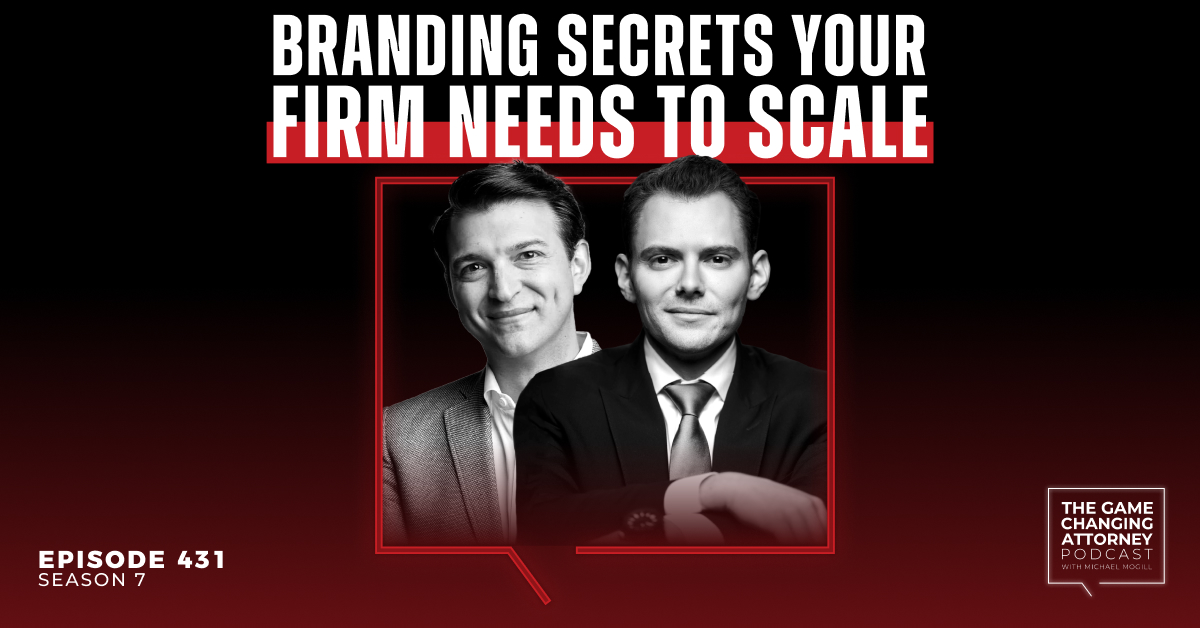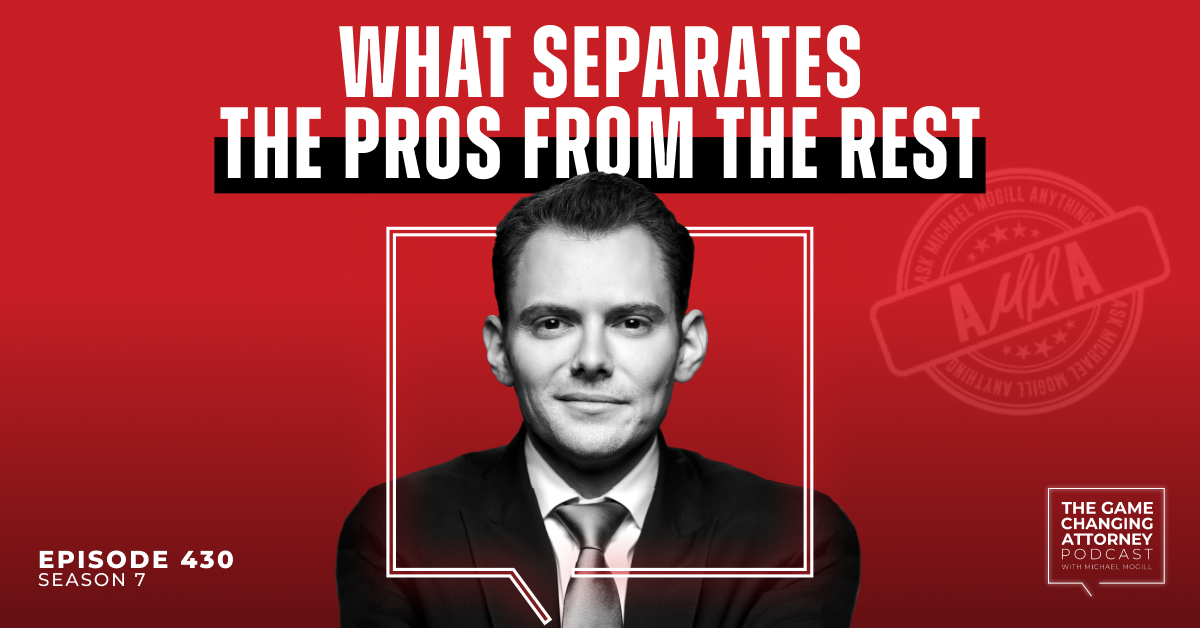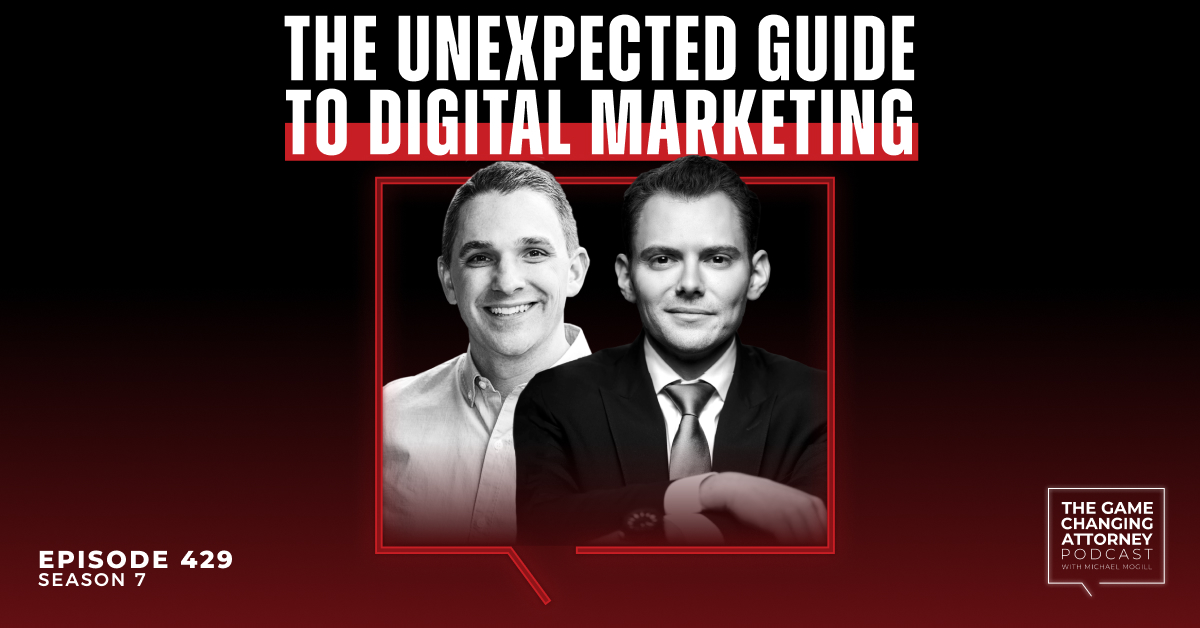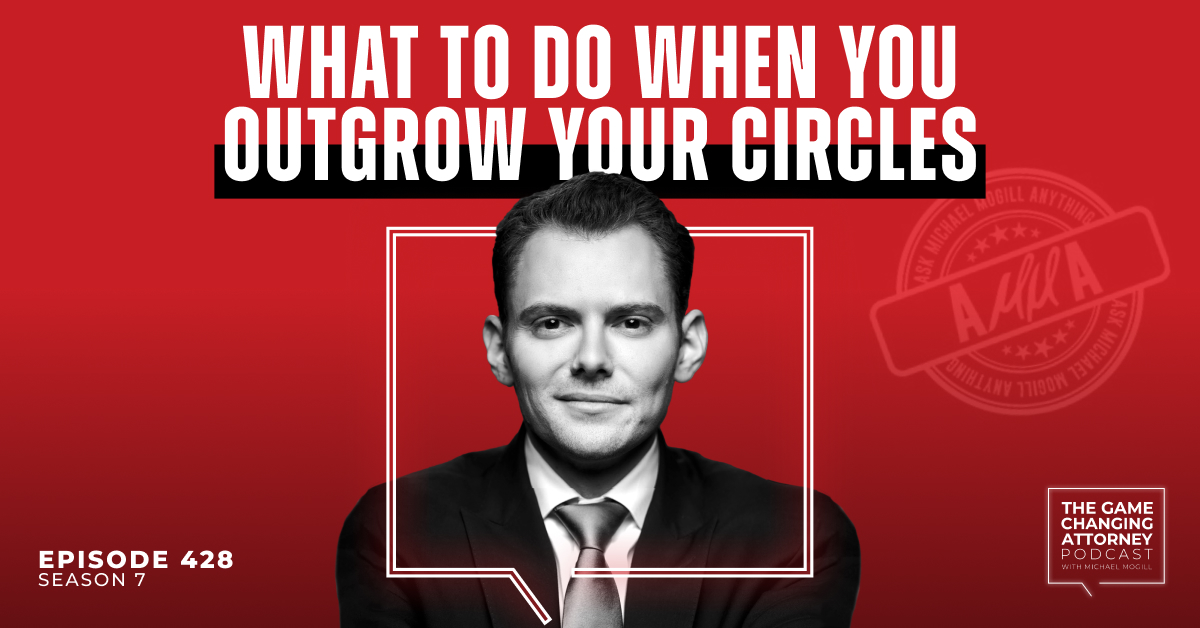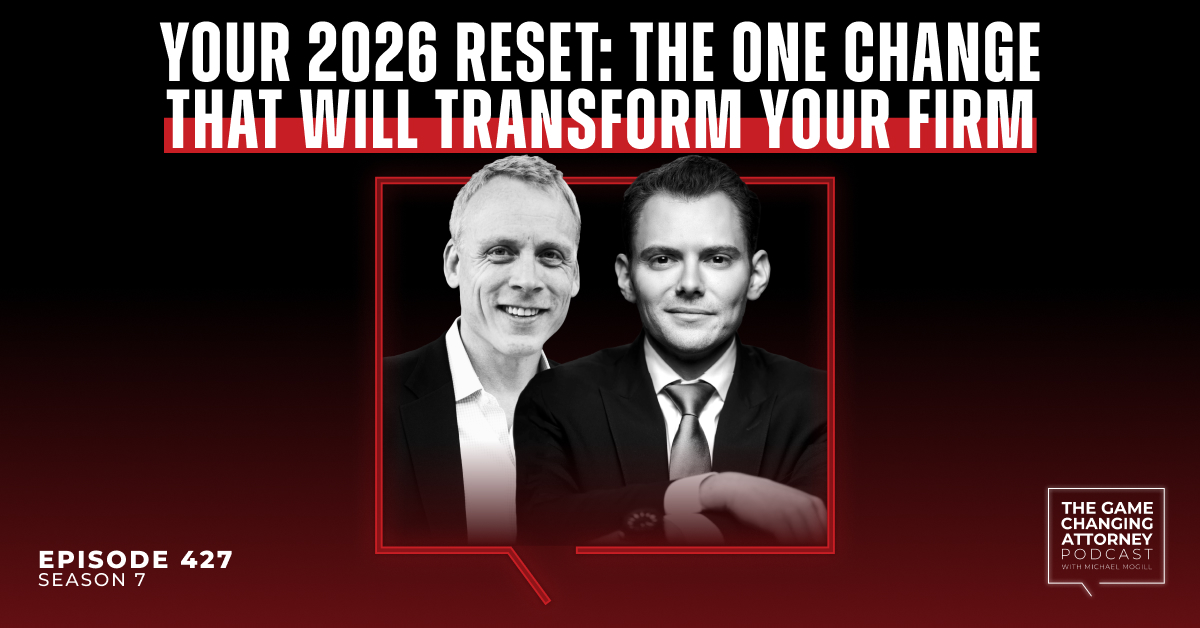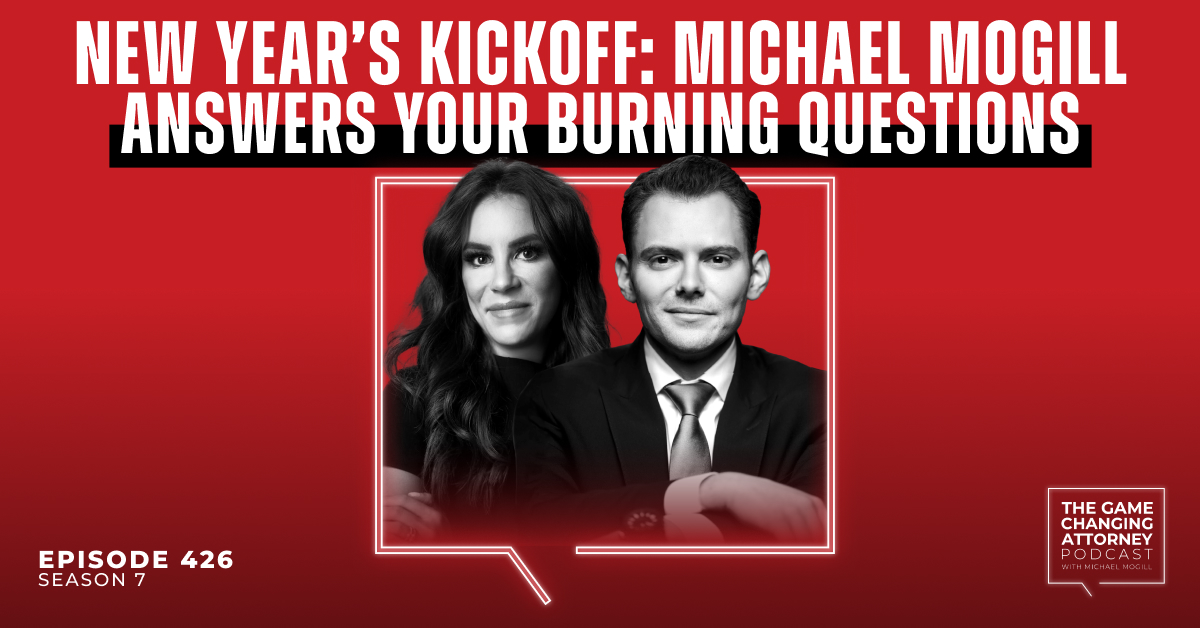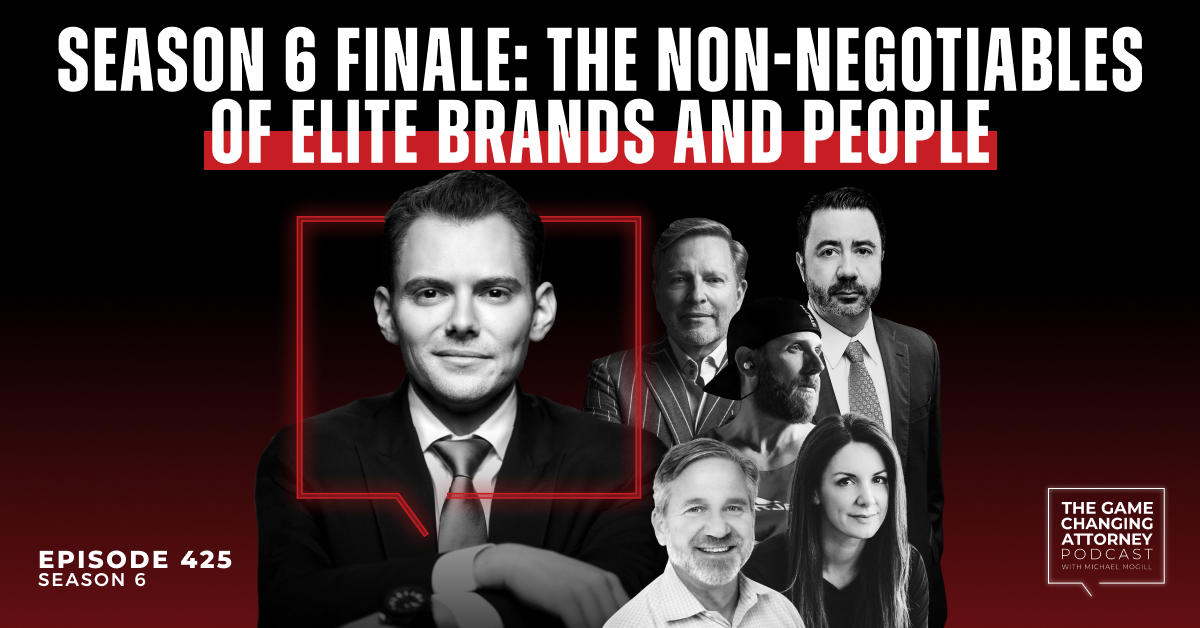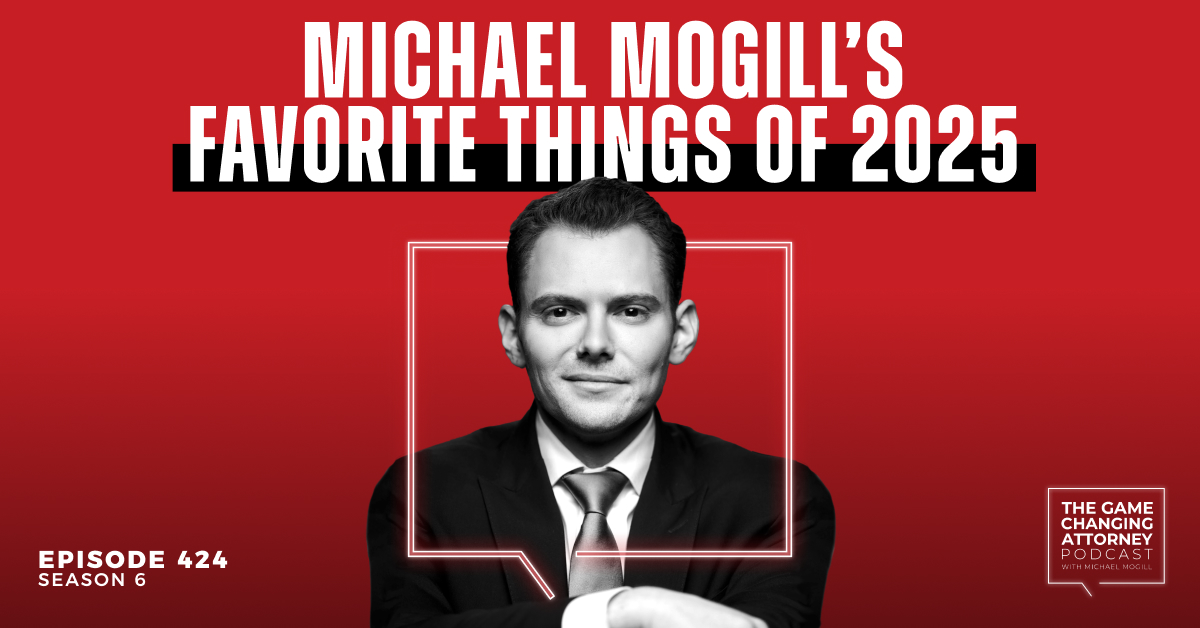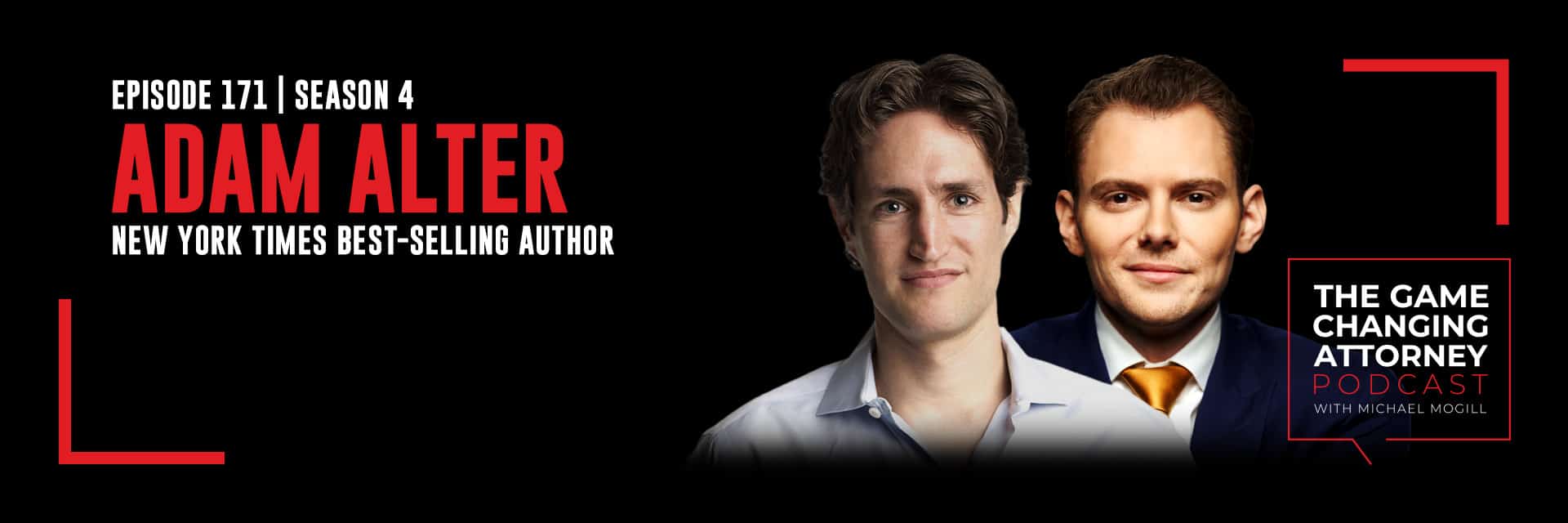
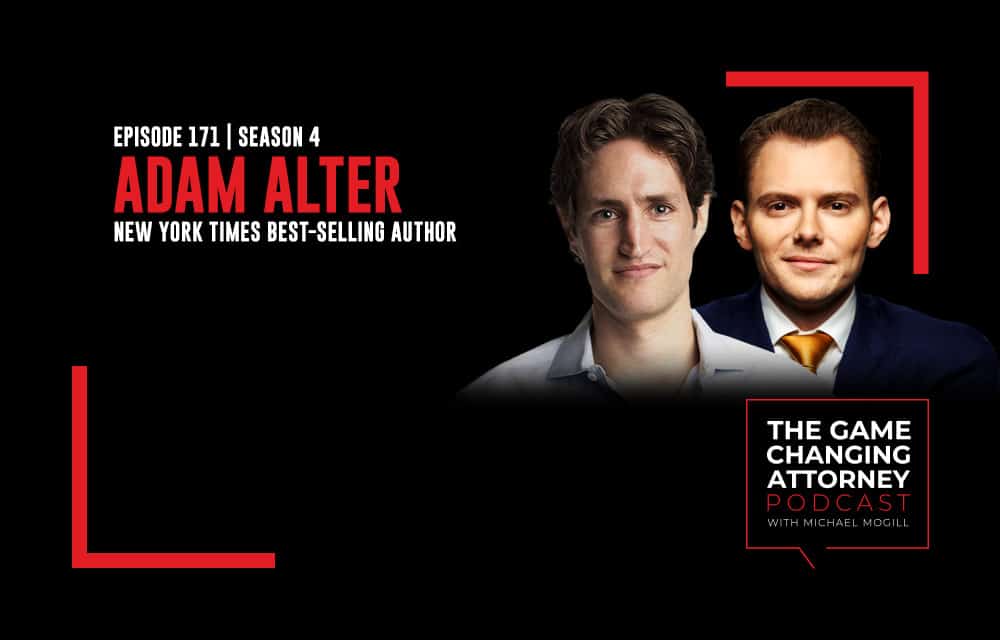
Episode 171 — Adam Alter — Anatomy of a Breakthrough: How to Get Unstuck When It Matters Most
On your path to success, you will inevitably feel stuck from time to time. But you can overcome any challenges — if you’re willing to do whatever it takes to get there.
In this episode of The Game Changing Attorney Podcast, Michael sits down with NYU professor and best-selling author Adam Alter to discuss:
- Why failures often pave the way for our success
- Why it’s better to strive for excellence instead of perfection
- How to get unstuck when it matters most
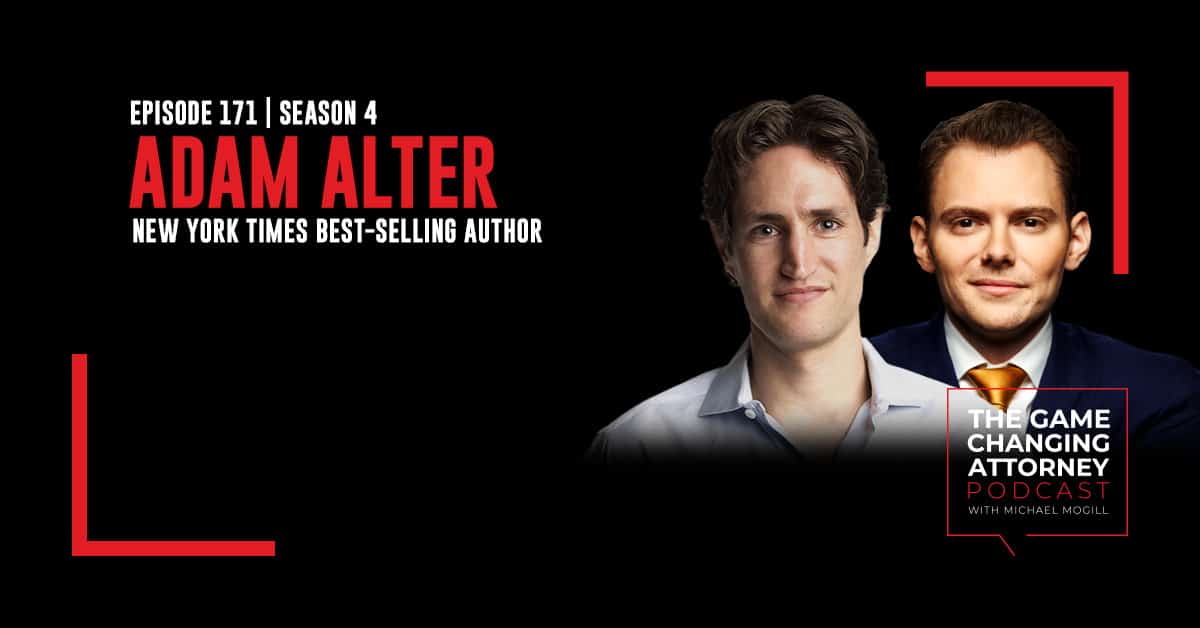
Listen & Subscribe
Show Notes:
Writing the book on getting unstuck. “I think all of my books have been about issues that I’ve faced personally, but I also think there are issues that everyone faces and that’s how you know that something is probably worthy of a book. It’s the kind of thing that you personally as a writer have faced, and it’s the kind of thing you think other people have faced too. In this one in particular, it’s really about the fact that humans as a species get stuck constantly. We’re in between periods of progress and periods of friction and hurdles and barriers and challenges. When that happens, it’s very hard for us to deal with. We don’t feel good about it. I’ve been collecting data from people for many years now, and no one likes being stuck, but because it’s inevitable, it’s ubiquitous. It’s a part of life. It’s very useful to be able to move through those periods with something like an algorithm. I’ve been thinking about this for about 20 years now, and the book is the product of that. It’s an algorithmic approach to solving the problem of stuckness.”
The difference between Eastern and Western philosophies. “There’s a very interesting cultural difference between the West and the East on this front. So in the West — in places like the US, Canada, the UK, Australia, and New Zealand — we tend to anticipate that things are going to continue the way they have been, and that means when things change, which they inevitably do, we’re blindsided by that change. We’re quite slow to get used to the idea that we’re going to be stuck if we keep doing what we’re doing. In the East — in places like Japan, South Korea, and China — a lot of the religious philosophies and Eastern philosophies in general understand that there’s a kind of shift between end points. What that does is it makes you nimble in the face of change. You anticipate it, and when it arrives, you don’t feel blindsided. You just say, ‘Alright, well let’s get on with it. Let’s figure it out.’ That sense of acceptance is very important.”
Be what you say you are. “I’m a huge fan of diversity in our experiences and our pursuits. I think if you only do one thing — if you look at how you break down your time and it’s all spent doing one thing — that’s almost never the way to live, at least for me. What I like to have and what I think is really useful in other people is the ability to have something you do that you are really good at and that you feel comfortable doing. You feel confident when you describe yourself doing that to other people. You don’t say that you do this thing; you say I am this thing. For instance, I run a lot, but when I tell people that, I don’t say ‘I run a lot.’ I tell them that I’m a runner.”
A winning philosophy for any organization. “We need a model in the workplace where you can divide it into teams. For instance, there’s an experimental team and an exploitation team, or whether it’s by time — maybe for three months of the year — everyone experiments. Maybe it’s a different three months for each organization, much like a sub-organization. So you’re not all experimenting at the same time. But give people time to roam the pastures of their minds and find new things, but then say, ‘Okay, you’ve been doing that for three months. What were the best three things you found? Now let’s try and make hay out of those. Let’s really dig ourselves into those and figure out what value we can get from them.’ I think that’s a really winning philosophy for any organization because you need both of those things, and you need experimentation to come first so that you can exploit the results of that later on.”
What does being a game changer mean to you? “Being a game changer means doing two things. First, I think it means to bring a sort of grounded, firm wisdom about a thing that you do really well that you’ve done for a long time. This really builds on what I said earlier, but also brings this kind of hunger for novelty and curiosity to do new things and learn new things. I think the reason that’s game changing is because there’s huge value in expertise, in going really deep into something, but I think demonstrating to others that you’re nimble and willing to be a beginner and willing to try new things — that is itself a form of leadership, and I think it’s a very important form. So be an expert, but be very open to being a novice.”
EPISODE RESOURCES & REFERENCES
NCAA
Dave Berkoff
Sam Snead
Harvard University
Joe Bernal
Pfizer
Viagra
Jackson Pollock
Peter Jackson
The Hobbit
The Lord of the Rings
Connect with Michael
- Text directly at 404-531-7691
